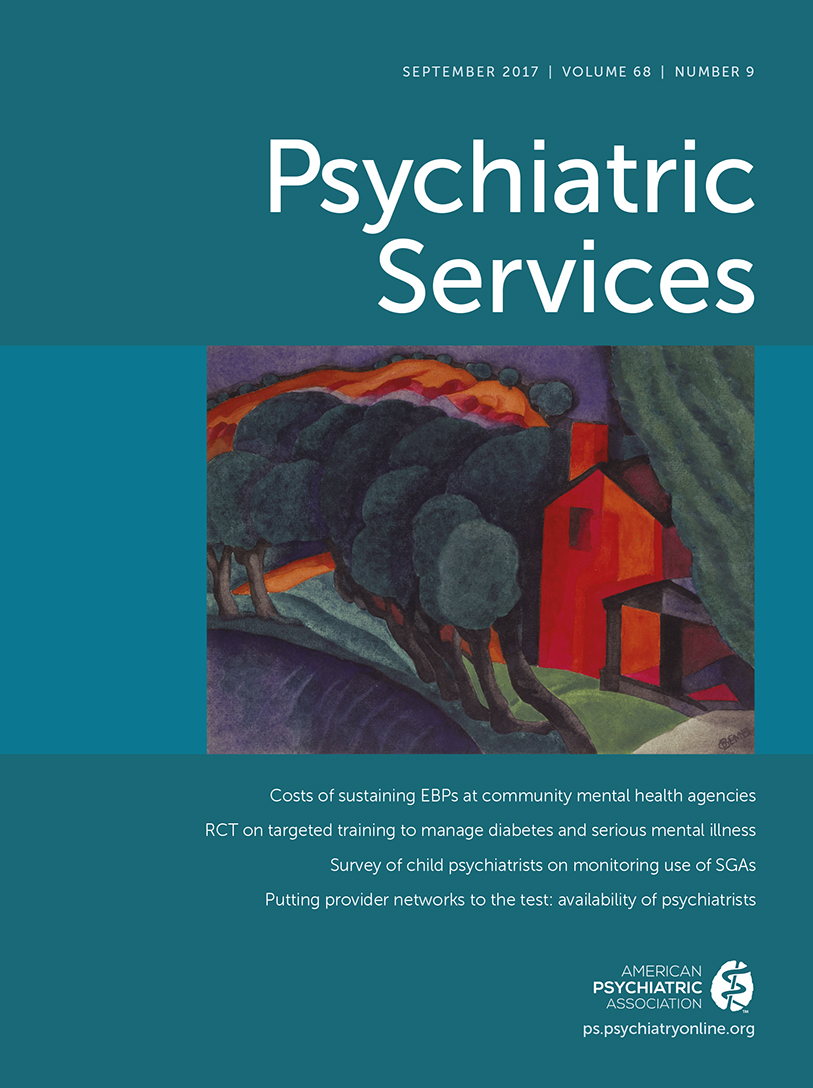Mental Disorders as a Basis for Physician-Assisted Death: In Reply
IN REPLY: Dr. Eilers is right to point to the problems associated with allowing patients with serious psychiatric disorders—such as anorexia nervosa—to refuse medical treatment for conditions caused by the illness itself. Similarly, the complexities of determining patients’ capacities to refuse life-sustaining treatment in general should not be underestimated. However, it is important to recognize the distinction between these practices and physician-assisted death, which was the focus of my column. Declining life-sustaining treatment allows the underlying illness to take its natural course. In contrast, physician assistance in ending one’s life because of suffering related to a mental disorder involves active intervention to end a life that would otherwise continue. That is not a small difference, legally or morally. For the reasons suggested in the column, including the possibility that physician-assisted death would serve as a substitute for ongoing commitment to patients with difficult-to-treat disorders, it would be most unfortunate for the United States and Canada to follow in the footsteps of those European countries that have legalized that option.



